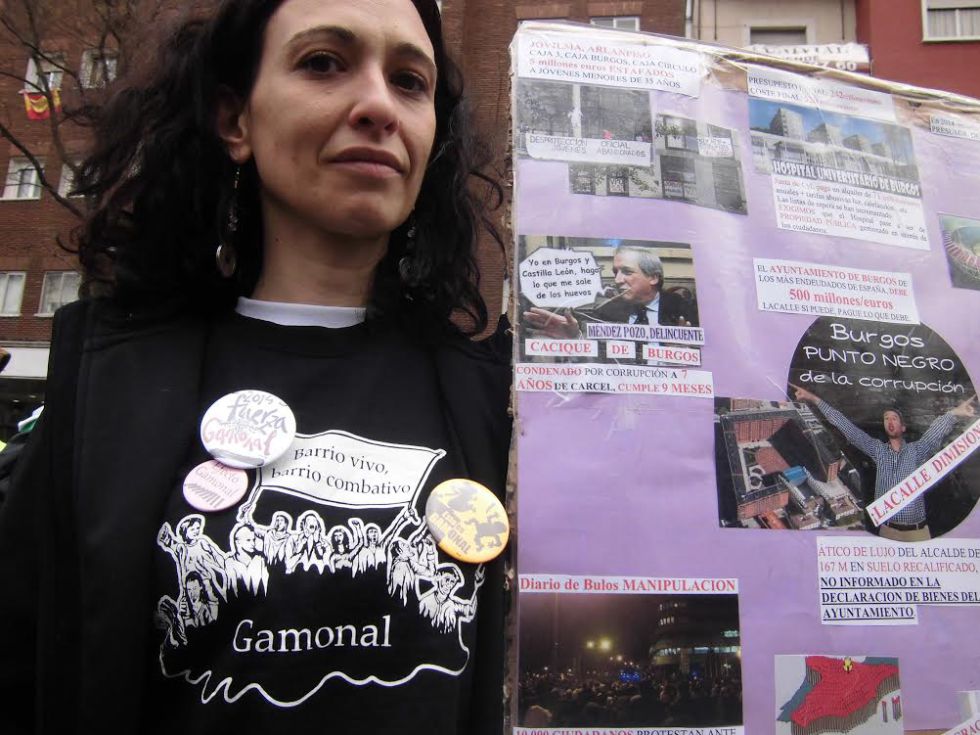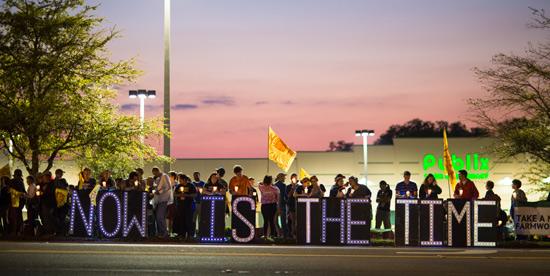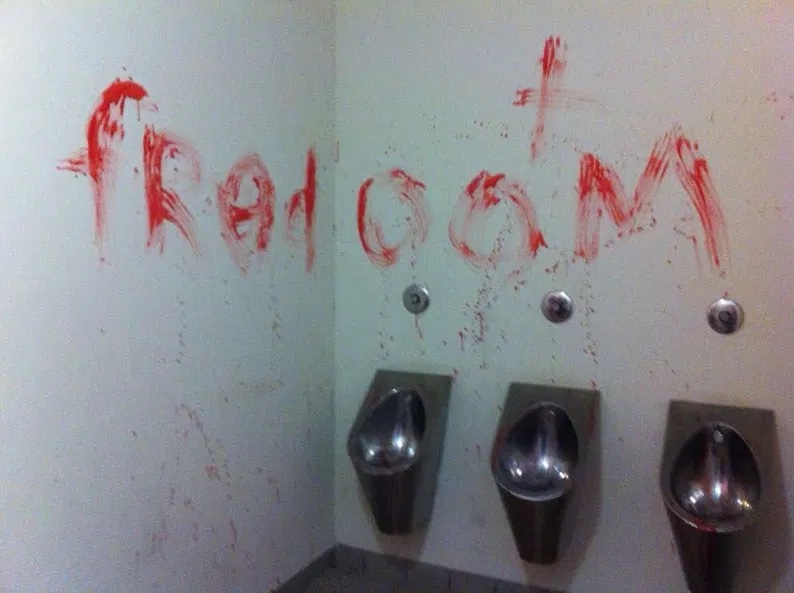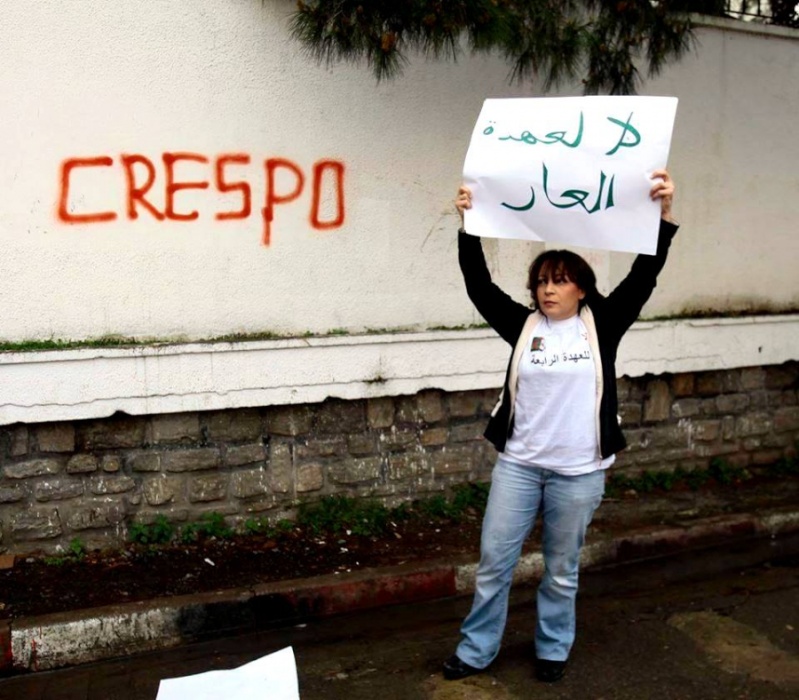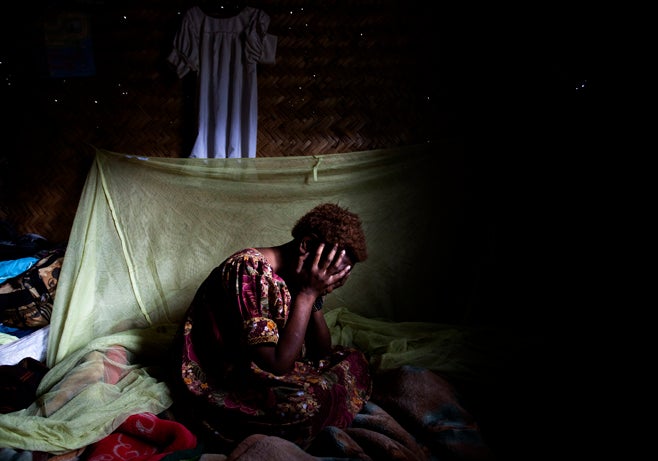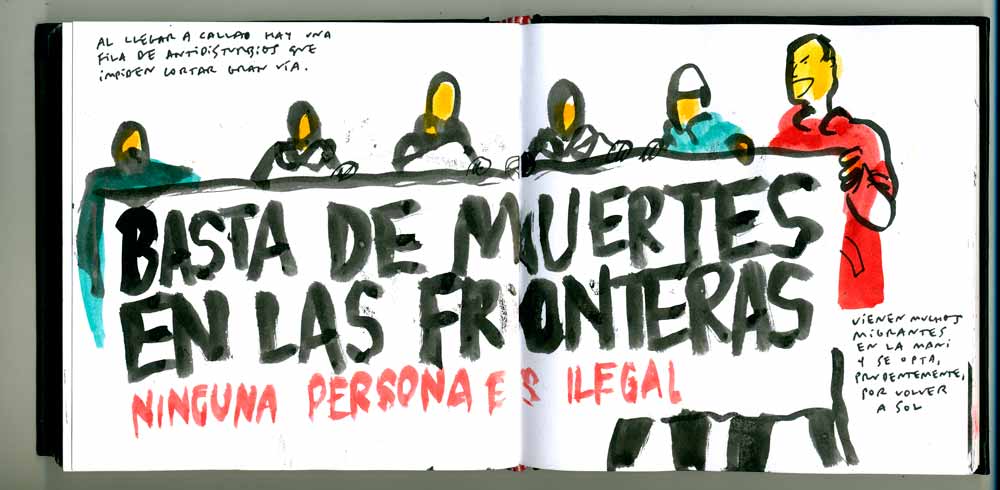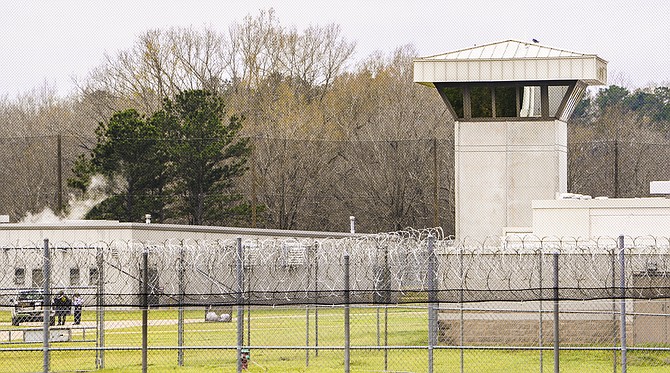
Central Mississippi Correctional Facility
“Kill the pig. Cut her throat. Bash her in.”
Michelle Byrom may, or may not, be executed this Thursday, in two days. She currently sits on death row in Central Mississippi Correctional Facility, in Pearl, Mississippi. Mississippi has three State prisons. All women `offenders’ end up in CMCF. In 1996, Mississippi hosted 807 women prisoners. By 2001, it boasted 1,445 incarcerated women. Today, according to the State’s March 2014 `fact sheet’, Mississippi’s prisons and jails hold 2,233 women behind bars. 900 women live, and die, in Central Mississippi Correctional Facility.
In 1999, someone killed Edward Byrom, Sr. By all accounts, Byrom Sr. was a vicious, abusive man, who tortured his wife, Michelle, and forced their son, Edward Byrom Jr, known as Junior, to live in the lowest rungs of hell. Physical abuse, mental and emotional torture, and sexual exploitation were the daily, and hourly, fare in the Byrom household.
The State decided that Junior and a friend had been part of a murder-for-hire plot hatched by Michelle Byrom. When Byrom was killed, Michelle Byrom was in the hospital for double pneumonia. Junior has confessed, at least four times, to having actually murdered his father. Something snapped, he picked up a gun and shot him. Michelle Byrom has been diagnosed “with borderline personality disorder, depression, alcoholism and Muenchausen syndrome, a serious mental illness that caused her to ingest rat poison to make herself ill.” And, of course, her counsel, by all accounts, was somewhere between dreadful and criminally negligent.
Observers have waxed literary in describing the case. For example, Warren Yoder, executive director of the Public Policy Center of Mississippi, said, “John Grisham couldn’t write this story … In any reasonable world, this would be a short story by Flannery O’Connor. Instead, it is happening now in our Mississippi.”
Why is Mississippi burning to kill Michelle Byrom. For that, better to turn to Lord of the Flies. Mississippi hasn’t killed a woman in 70 years, and Mississippi can read the writing on the wall. Soon, capital punishment will come to an end, even in Mississippi, a national leader in executions. That recognition feeds the fire. Facts be damned, along with presumption of innocence and shadows of doubt. The beast needs blood.
The details of Michelle Byrom’s life are hard and disturbing, but the substance, and stench, of Mississippi’s burning is far worse. Stop the execution of Michelle Byrom. Stop all the executions.
(Trip Burns / Jackson Free Press)

